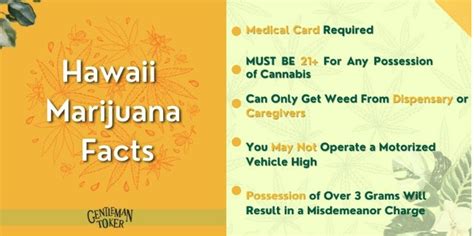Medical cannabis has been legal in Hawaii since 2000, but accessing it remained challenging for a long time. To regulate the medical cannabis industry, the Office of Medical Cannabis Control and Regulation (OMCCR) was established under the Hawaii Department of Health. In July 2023, Act 263 was enacted, amending the state’s Hemp Processor law (Chapter 328G Hawaii Revised Statutes), further streamlining the regulatory framework.
The legal history of cannabis in the United States has primarily focused on its medical use, with recreational use being a secondary consideration. By the mid-1930s, cannabis was regulated as a drug in every state, with thirty-five states adopting the Uniform State Narcotic Drug Act. Hawaii’s legislative actions reflect this historical trend.
Key legislative milestones in Hawaii include Act 041 SLH 2017 and Act 230 SLH 2016. The former amended parts IX chapter 329 (Registry Program) and chapter 329 D (Dispensary Program) and became effective on June 29, 2017. Act 230 SLH 2016 clarified various medical cannabis laws in the state. Additionally, Act 242 SLH 2015 added non-discriminatory language to existing laws regarding medical cannabis use.
A significant development is the proposed advisory referendum for the 2024 general election, which will gauge public opinion on legalizing the sale and use of recreational cannabis in Hawaii. This move indicates a potential shift towards more inclusive cannabis legislation.

The Office of Medical Cannabis Control and Regulation is also exploring the development of a dual system program for cannabis legalization and its impacts on qualifying patients, as stated in SLH 2021 Act 169. This task force aims to balance the needs of medical cannabis patients with the broader implications of cannabis legalization.
Hawaii’s initial Medical Use of Cannabis law, Act 228 SLH 2000, laid the foundation for the state’s approach to cannabis. This was further reinforced by Act 178 SLH 2013, which made several changes to the existing framework. The Medical Cannabis Registry Program outlines specific laws and rules, ensuring informed compliance among users and providers.
In conclusion, Hawaii’s journey with cannabis legislation highlights a gradual evolution from strictly medical use to considering recreational use, reflecting broader national trends and public sentiment.